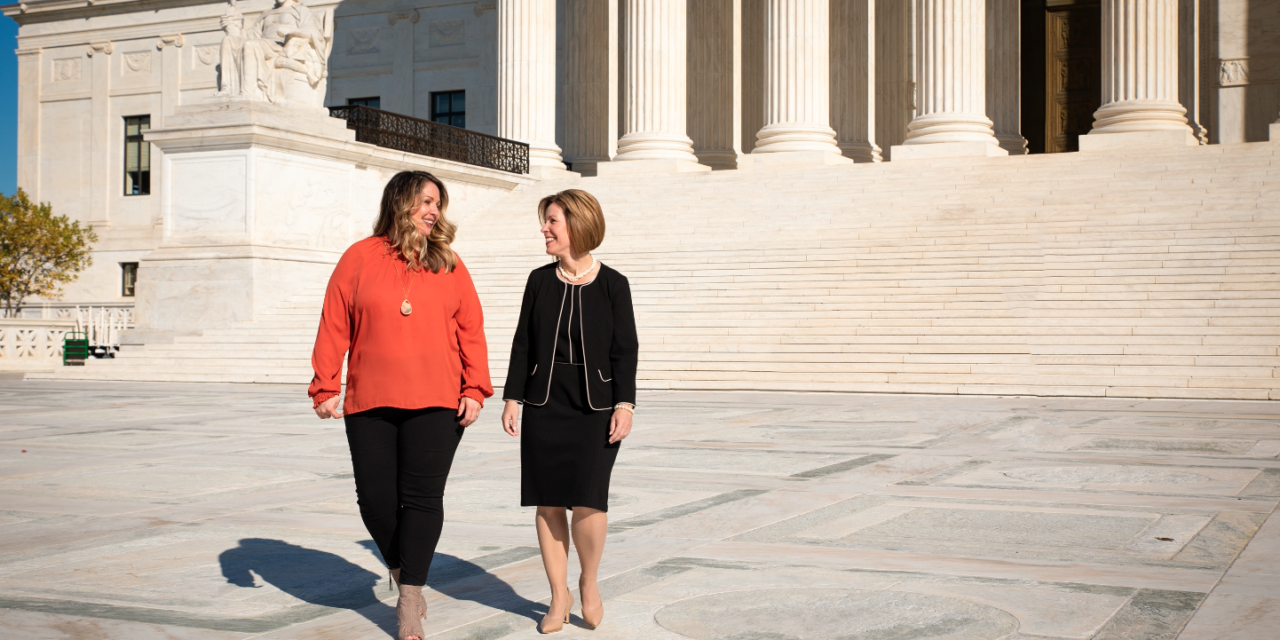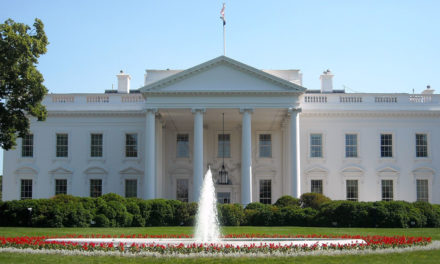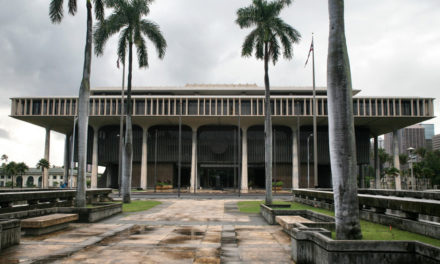It was six years ago when Lorie Smith, the Christian graphic artist and website designer from Denver, Colorado, first asked the courts to vindicate her free speech right to limit her creative expression to opposite-sex marriages. Colorado’s public accommodations anti-discrimination law – the same one that has entangled baker Jack Phillips in lawsuits since 2012 – prohibits her from doing so.
Smith serves all customers, but not all messages. The First Amendment was intended to protect that right. Unfortunately, it has been an uphill fight for Smith since she decided she wanted to create wedding websites.
Court after court sided with the state against Smith since she first filed a lawsuit to assert her rights in 2016. But on December 5 the nine justices of the U.S. Supreme Court assembled to question and listen to her attorney, Kristen Waggoner, Alliance Defending Freedom’s president and CEO make her case that the Colorado law violated her First Amendment right to free speech.
Waggoner defended Smith’s constitutional rights by describing the Colorado law as “compelled speech,” i.e., a government-required message forcing her to speak messages through her artistic expression that promoted same-sex “marriages” contrary to her Christian faith.
Waggoner’s argument was immediately challenged by the three liberal justices – Elena Kagan, Sonia Sotomayor and Ketanji Brown Jackson – who questioned whether Smith’s websites were really “art” or “creative” at all. They then offered various hypotheticals designed to require Waggoner to explain whether Smith could refuse to work with interracial couples or people with disabilities.
There was even a hypothetical from Justice Jackson about a photographer who, at Christmas, wanted to photograph customers in a historical re-creation of “It’s a Wonderful Life.” Could he restrict his clientele to “whites only” for creative reasons because the main characters in the movie were white, Jackson asked?
Supreme Court arguments are intense affairs and not for the faint-hearted legal advocate. For her part, Waggoner admirably defended Smith by reminding the justices that the high court’s precedents protect individuals and businesses from being forced to speak only a government-mandated message.
Colorado’s position was advanced by the state’s Solicitor General, Eric Olson, who argued that Smith was entitled to articulate any position she wanted to on a consistent basis on her website, but still couldn’t turn down a customer whose “status” is protected by the state anti-discrimination law.
Olson struggled in his response to a hypothetical from Justice Neil Gorsuch about whether the state could force a business owner who writes press releases for a living to write statements for clients supporting positions he loathes. Olson admitted the state could not, but then faltered when Gorsuch challenged him to explain why Smith’s situation was not exactly the same.
The U.S. Deputy Solicitor General Brian Fletcher went next, generally supporting Colorado’s position. His main point – which came out during questioning from Justice Amy Coney Barrett – was that sometimes speech and conduct are so “intertwined” that it allows the government to regulate the conduct involved if it has only an “incidental” effect on speech. Fletcher argued that Smith’s situation fit that narrow carve-out.
In rebuttal and for her closing argument, Waggoner gave an impassioned – as well as instructive – summary of what the case was all about. She pointed out that 20 states have supported Smith’s side of the First Amendment argument.
The justices will take the case under advisement and will issue an opinion sometime before the end of June.
The case is 303 Creative v. Elenis.
Related:
Will Christians Finally Win the Right to Run a Business in Keeping with Their Faith?
Back Off Leftists, Amy Coney Barrett Can Keep Her Faith and Serve as a Judge Too
Don’t Buy the Media’s Sudden Concern About the Supreme Court’s ‘Legitimacy’
Christian Wedding Photographer May Refuse Same-Sex Events, Kentucky Federal Court Rules
Supreme Court Will Hear Major Religious Free Speech Case from Colorado
Photo from ADF.






